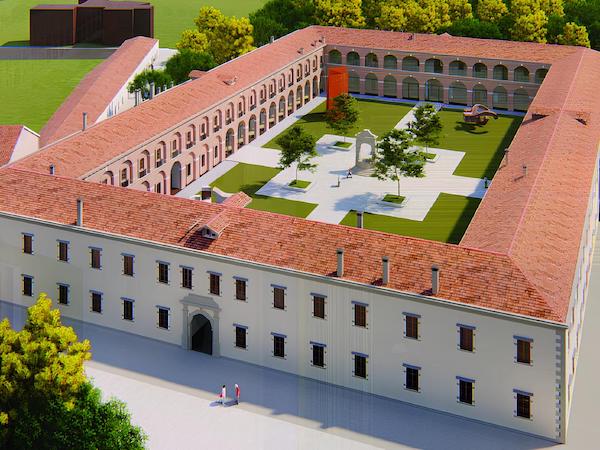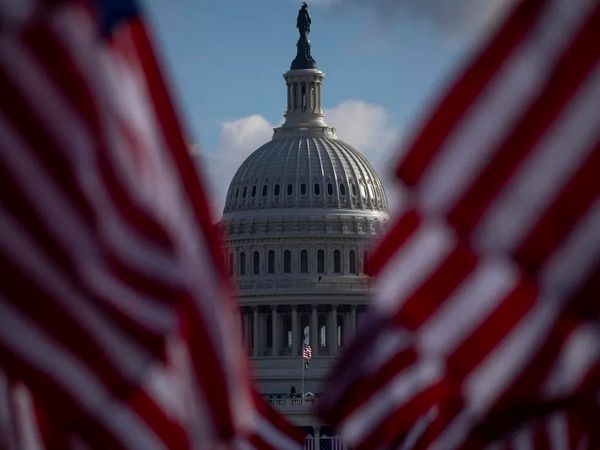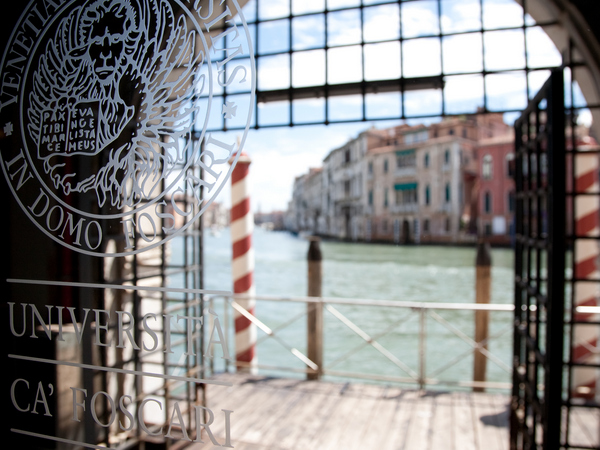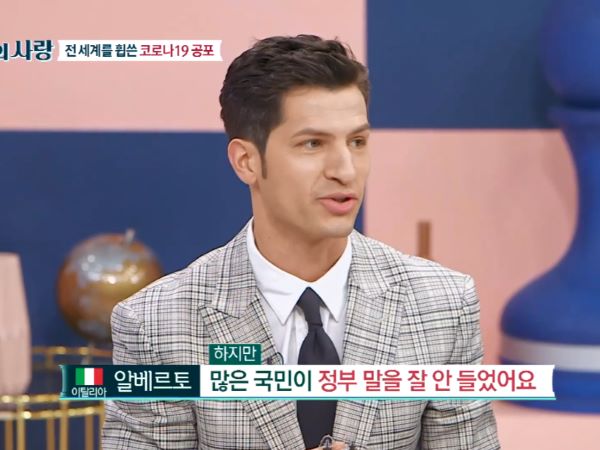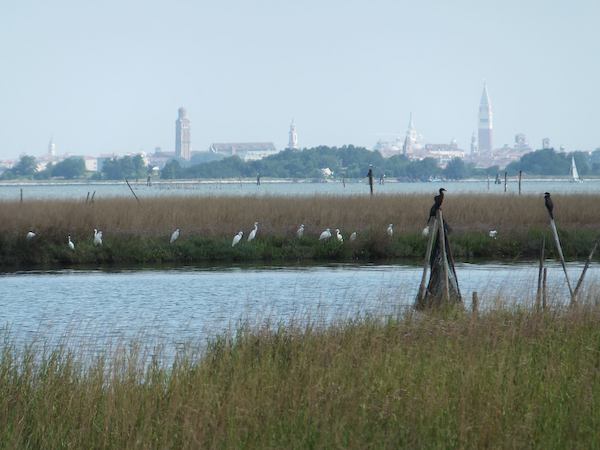The story of anthropologist Valentina Bonifacio represents a successful case in the Italian academic panorama: she is the first Marie Curie fellow to be taken on by an Italian university as a tenure-trak researcher. In fact, a ministerial decree in 2015, foresees this possibility of tenure-track recruitment for those who have undertaken a three-year project financed by the prestigious European research grant prestigious “Marie Curie International Outgoing Fellowship”.
Ca’ Foscari University of Venice is the first university to have chosen and obtained authorisation for this type of recruitment by the Ministry of Education, University and Research – who have also co-financed this position.
Valentina Bonifacio will work in the Department of Humanities as a “Ricercatore Lettera B”, which is a research position with a three-year contract that leads to a role as an associate professor.
“This is a great success for our University - explained Michele Bugliesi, Rector for Ca’ Foscari University of Venice - another important passage in the path laid out by the Strategic Plan that has recruitment of the best talents as one of its most salient objectives. In 2015, Ca’ Foscari has already inaugurated new approaches for direct call recruitment through “open call” mechanisms, directed towards the most noteworthy researchers on the International scope, and new incentives for Marie Curie Fellows with the MarieCurie+1 that offers the fellows a scholarship extension in order to complete their activities and activate new lines of research".
"Today, Ca’ Foscari is the university that hosts the largest number of Marie Curie Fellows in Italy and the "direct" call for Valentina Bonifacio, first Marie Curie researcher in Italy to be recruited as a tenure-track researcher, is a particularly significant passage and a summary of our policies from this year, that demonstrate our efficiency and ultimately motivates us to continue in this direction. Ca’ Foscari continues to invest in quality of research, in practices aimed towards attracting the greatest talents in Italy and around the world, and to support the researchers by offering infrastructure and maintaining support to facilitate their participation in networks and research funding internationally.”
Valentina Bonifacio, anthropologist and documentarian, achieved her PhD in “Social Anthropology with Visual Media” at the University of Manchester in 2009. After having worked in Latin America in the field of international cooperation, she carried out an in-depth analysis on the topic of indigenous rights and collaborated with the interdisciplinary platform LATITUDE, a synergy between anthropologists, town planners and designers. In 2014 she received the Marie Curie grant, financed by the EU, thanks to her ArchFact project, that she carried to Parsons New School of Design in New York and in Paraguay.
In south American, Bonifacio collected testimonies on the history of the Stastre-Casado family (1889-2000), and their tannery, that for the first time has employed indigenous people as workers. In these in-depth years of research, she analysed the role that the different memories of the protagonists of the era had – indigenous workers, immigrants, Salesian missionaries, the Sastre-Casado family – in forming the contemporary political identity of the country.
Last year, Bonifacio returned to Ca’ Foscari to finish her work, whose impact was notable both in terms of the innovative nature of science and in terms of involvement of the extended public. In fact, the final exhibition “Destiempo”, recently arrived at Venice after being in Paraguay (in the capital Asunción an Puerto Casado) and New York.
At Ca’ Foscari, Valentina Bonifacio will teach Visual Anthropology in the Department of Humanities. Hers will be one of the few courses of its kind in Italy.
“The call for Valentina Bonifacio enriches the anthropology sector at Ca’ Foscari and represents a tile in the mosaic of researchers, that more often have chosen the Department of Humanities as the home for their research and start their academic career with us - comments Paolo Eleuteri, Director for the Department of Humanities. - With the following arrivals, there will be 10 Marie Curie scholars in the department, as well as the presence of a winning ERC, Rita Levi Montalcini researchers (of whom two have become associate professors) and FIRB grantees. This offers a broad spectre of research fields, that confirms the department as among the most valid on a national level, underlined by the recent evaluation of quality of research carried out by ANVUR.”
National regulation offers new opportunities for talent recruitment and the development of researchers’ careers. Ca’ Foscari thanks to the Brain Gain and Careers+ programs, work hard to use this occasions as much as possible, confirming their high ranking in Italy and demonstrating that the policies for recruitment endorse international profiles of high quality evaluated externally.
Furthermore, Ca’ Foscari is committed to reward the quality of research and its results, and encourages participation in European funding calls as principal occasions to construct a professional future in research.






